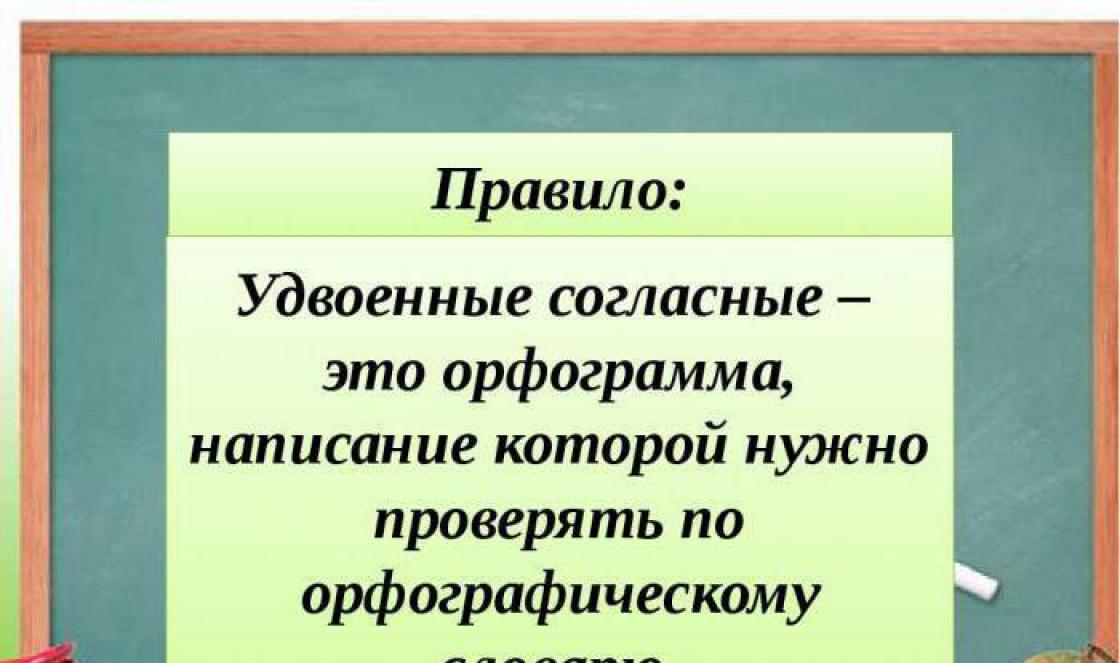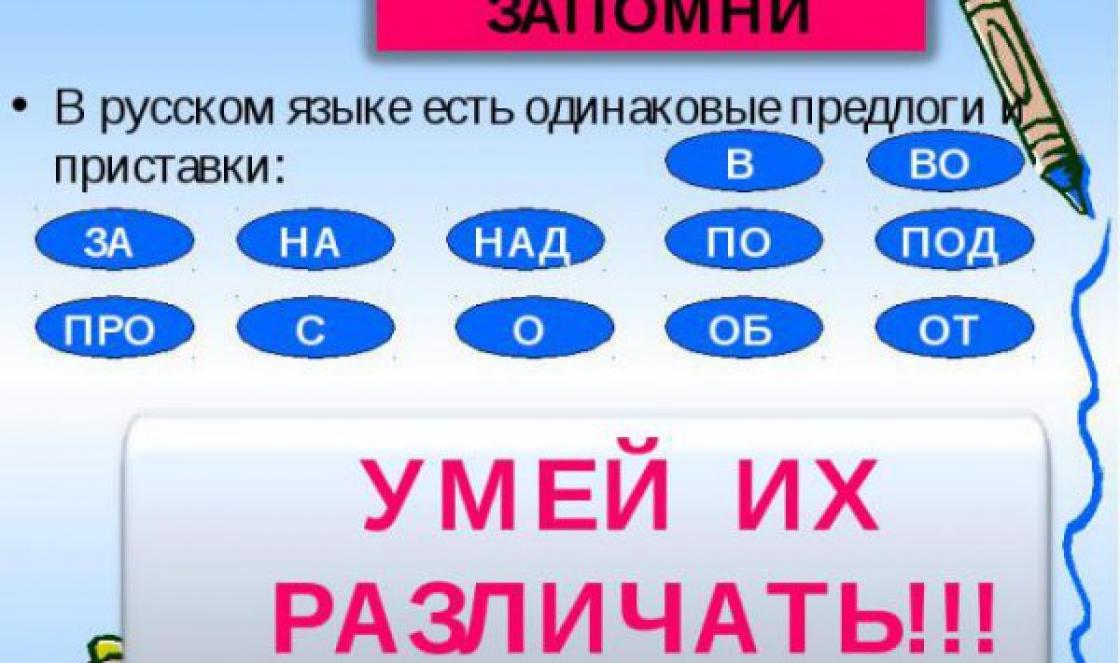The international legal profile of the Russian State University of Justice is one of the leading areas in the specialty "Jurisprudence" within the framework of the University and other special law schools Moscow and Russia. At the Russian State University of Justice, the international legal profile functions under the auspices of the Department of International Law. The goal of the international legal profile is to train highly qualified personnel for the judiciary in the specialty 030900.62 "Jurisprudence" (bachelor).
The tasks of the Department of International Law within the framework of the international legal profile include:
- fundamental theoretical training of students in the field of international law, private international law, comparative law;
- teaching practical skills in resolving international disputes and protecting the public and private interests of international legal entities, as well as guiding students in the international political, economic situation and other processes of the world community;
- training students in the study of foreign languages, aimed at acquiring public speaking skills, knowledge of the socio-cultural characteristics of states and the ability to analyze and understand original doctrinal and normative sources of an international legal nature.
Education in the international legal profile begins from the first year and is based on the principle of consistent and comprehensive development of theoretical and practical material. As part of the international legal profile, students study Russian law in full, and the curriculum is supplemented by an in-depth study of classical international legal disciplines and special courses, the authors of which are teachers of the Department of International Law and teachers from other universities in Russia and foreign countries (including disciplines in foreign languages). The following legal disciplines are taught:
- international political science;
- international economic relations;
- international law;
- international private law;
- comparative law;
- international economic integration: legal registration;
- international criminal law;
- human rights in international law.
Following the results of a full course of disciplines of the international legal profile, students have a complete and comprehensive understanding of the international community, international relations in various fields interaction between states, the procedure for the development and adoption of international legal norms, their implementation in national legal systems, methods for resolving interstate and private disputes.
Along with international legal disciplines, students of the specialization receive training in English. In the process of language training, oral and writing(“Practice of oral and written speech”, “Grammatic constructions in foreign speech”), the culture of professional speech and business communication("Culture of professional speech", "Business English"), the foundations of the historical and cultural development of states ("Country Studies (Great Britain, USA)") are laid, by mastering the original legal documents, legal terminology and the procedure for drafting legal documents are studied ("Legal Translation") . Also, within the framework of the international legal profile, the teachers of the Department of International Law are preparing for the delivery of the international certificate in English TOEFL (“Practical Course of Professional Translation”).
Education in the international legal profile contributes to the active participation of students in international competitions. The Department of International Law, within the framework of its specialization, prepares for the F. Jessup International Law Competition, the V. Vis International Arbitration and Private International Law Competition, the F. Martens International Humanitarian Law Competition, the International Investment Law Competition and others.
In particular, the team of the Russian State University of Justice, participating in the Ph. Jessup Competition, demonstrates excellent knowledge of international law, the ability to navigate political and legal information, as well as fluent communication in English. Students of the specialization adequately represent the University at national and international rounds: the team is consistently among the strongest teams in the country and the world, and the team's speakers are among the best speakers of the Competition at the national and international level.
The profession of a lawyer is to question everything, to disagree with everything, and to talk endlessly.
T. Jefferson
At all times and in all countries it has been popular and in demand. IN recent decades in Russia, the profession has become prestigious and highly paid: an average lawyer earns 2 times more than the average Russian specialist from other industries. Outstanding famous lawyers have fabulous fees, but there are few such professionals.
To become a really good lawyer, you need to choose the right university, study hard, and even after graduation, constantly improve in jurisprudence. Laws and rules for their application are constantly changing, so you need to be aware of innovations.
Due to the popularity of the profession, law faculties were opened in almost all universities in the 90s - economic, pedagogical, technical, and even agricultural. At first, the quality of teaching was at a low level. But gradually the educational process became more High Quality. So with a certain effort of a student, he can become a good lawyer by graduating from the law faculty of a non-core university. Another thing is that employers choose lawyers either with extensive work experience or who have graduated from a serious state specialized university. The lawyer's salary also depends on this.
by the most prestigious universities law schools in Moscow are considered. But it is precisely this advantage that is also a disadvantage in admission. In profile legal institutions, universities, academies traditionally have a huge competition and a high passing score. But the universality of education allows you to find a job in any industry. While, for example, a lawyer who graduated from the Faculty of Law of the Russian State University of Oil and Gas. Gubkin, despite a high-quality education, will only be able to work in the oil and gas industry. It is easier to enter non-state universities, it is cheaper to study and the quality of education is last years is located high level. The only negative is the lack of prestige of the diploma.
In addition to law schools in Russia, you can get an excellent education in foreign universities in the region international relations and rights. But this requires knowledge in English at the language university level.
Rating of the best law schools in Russia has remained unchanged over the years. The personnel officers of prosperous companies in Russia took part in compiling this rating, assigning points to graduates of various law schools. As a result, the best universities are recognized:
- Moscow State University M.V. Lomonosov;
- HSE Higher School of Economics;
- MGIMO;
- St. Petersburg State University;
- Tomsk State University them. V.V. Kuibyshev.
If you don’t understand what you are reading even from the fifth time, it means that a lawyer wrote it.
Will Rogers
Among non-state universities, accredited by the state, the leaders of legal education are:
- Kazan Academy of Management "TISBI";
- Krasnodar Institute of Economics, Law and Natural Sciences;
- Moscow Finance and Law Academy;
- Taganrog Institute of Management and Economics.
In recent years, the Russian economy has been successfully moving from a raw material direction to the production of intellectual products, so there is an urgent need for specialists in the field of legal support for information protection, intellectual property rights and legal support for innovative entrepreneurship.
The profession of a lawyer is not only prestigious, but also implies a high intellectual level. Indeed, in addition to knowledge of the law, knowledge of rhetoric, psychology, and logic is necessary. A presentable appearance, the ability to analyze and convince are very important.
Thanks to legal education, many top leaders of the country were able to make a brilliant career: Vladimir Lenin (Ulyanov), Dmitry Medvedev, Mikhail Gorbachev, Vladimir Zhirinovsky, Ruslan Khasbulatov and many others. In foreign countries, the same trend: most US presidents were lawyers by education - John Adams, Thomas Jefferson Andrew Jackson, Lyndon Johnson, John Tyler, Woodrow Wilson, Bill Clinton, Barack Obama and others. In Cuba - Fidel Castro, in the UK - the prime minister Minister Tony Blair and his predecessors. The General Secretary of the Central Committee of the Communist Party of China is Doctor of Law Xi Jinping. Gerhard Schroeder was the Chancellor of Germany before Angela Merkel. The presidents of the Fifth Republic of France, Francois Mitterrand and Nicolas Sarkozy, were also lawyers.
Every lawyer has the potential to become head of state. Perhaps it will be you. Dare!
The International Law Institute is a structural link of the O.E. Kutafin (MGYuA) (hereinafter referred to as the University), which has its own history.
In 2000, as an experiment, in-depth study of private international law and two foreign languages was introduced in one of the study groups of the University.
In view of the success of the experiment, the Department of International Economic and Financial Law was established in 2002 for full-time education.
On April 1, 2005, the Department was transformed into an independent structural subdivision of the University - the Institute of Private International Law, which, in connection with the opening of the international legal training profile on January 31, 2011, was renamed the International Law Institute.
The International Law Institute trains bachelors in the direction of "Jurisprudence" in full-time education. The term of study is 4 years.
The peculiarity of the curriculum for training in the international legal profile is that already from the first year students are taught international legal disciplines that are preparatory to the disciplines of the profile in senior years - "Introduction to the profession of an international lawyer", "Judicial systems of the Russian Federation and foreign countries", etc.
In addition, students of the International Law Institute have the opportunity to choose subjects for in-depth study:
In the Department of International (Public) Law - "Law of International Treaties", "International Maritime Law", "Customs Law", "International Organizations and Conferences", "International Criminal Law", "Diplomatic Protocol and Etiquette", etc.;
In the Department of Private International Law - "Cross-border commercial contracts", "Industrial property in private international law", "Copyright in private international law", "Inheritance in private international law", "Cross-border transportation", "Legal regulation of foreign investment" and others;
At the Department of Integration and European Law - "Migration law of the European Union and mechanisms for the protection of human rights in Europe", "Procedural law of the European Union", "Trade law of the European Union", etc.
Studying at the International Law Institute is advisable for those who see themselves as a future lawyer, working in state bodies for external relations, international organizations, enterprises with foreign participation, enterprises engaged in foreign economic activity both in Russia and abroad.
It is worth emphasizing that at the University named after O.E. Kutafin (Moscow State Law Academy), the choice of an international legal profile for full-time education is possible only at the International Law Institute.
It should be noted that in addition to the disciplines of the profile, from the very beginning of their studies, students can choose one or more additional educational programs of in-depth study. foreign language: English, French, German, Spanish, - with additional qualification - "Translator in the field of professional communication".
The learning process at the International Law Institute is practice-oriented. Students practice in courts, organizations and institutions whose activities correlate with the training profile: the Russian Foreign Ministry, the Chamber of Commerce and Industry of the Russian Federation, the International Commercial Arbitration Court, etc.
In addition to participating in the curriculum process, students of the International Law Institute have many other opportunities professional development, for example, the possibility of internships in the countries of the foreign language being studied - France, Germany, England, Spain, Holland, Switzerland, etc.
Students of the International Law Institute take part in Russian and international scientific and practical events - competitions, round tables, business games (for example, in the Philip Jessup competition, an intellectual competition to build the best model of the United Nations and the European Union, etc.). Students participate in research work - they make presentations at conferences and other events held by the Student Scientific Society of the University named after O.E. Kutafin (MSUA).
After successfully mastering educational program bachelor's degree graduates can continue their studies at the next level of education - the master's program.
International legal institution in 2018-2019 academic year students are being recruited for the following master's programs:
Master of International Private Law (in all forms of education);
Lawyer in the global economy (full-time education).
Terms of study in the magistracy: Full-time- 2 years, part-time and correspondence form– 2 years 5 months.
Education in the magistracy is carried out both on a budgetary basis and under an agreement with the payment of tuition fees. After successfully mastering the educational program, graduates receive a state diploma of higher education with the qualification (degree) "Master" in the direction of training "Jurisprudence".
Information about master's programs for applicants in 2018 is available on a separate tab.





